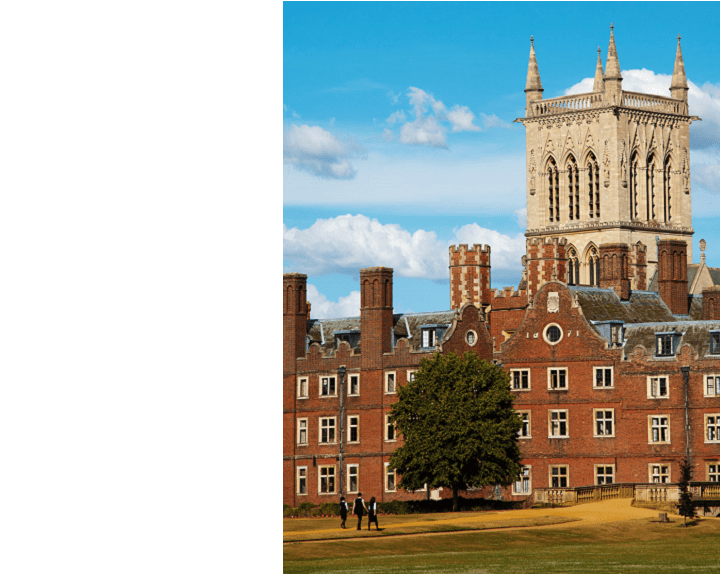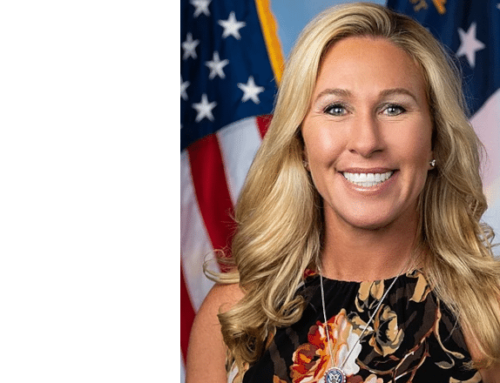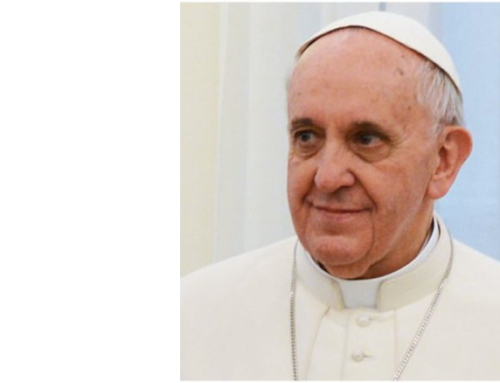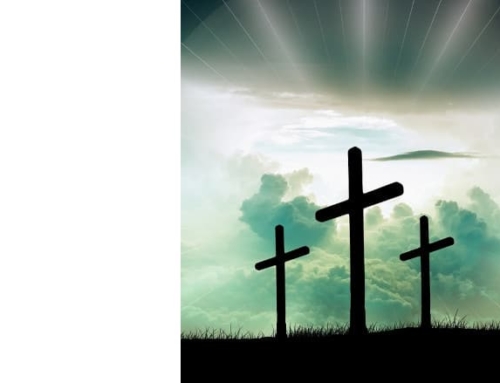The public appears to be souring on higher education. The level of confidence that Americans have for colleges and universities today is at its lowest level, as determined by Gallup. It is also true that confidence in 16 other institutions has been waning. But the big drop is scored by higher education.
The two institutions that have the highest confidence rating are small business and the military. In the poll taken in June and released in July, the level of confidence for those two entities was 65 percent and 60 percent, respectively. For higher education, the figure is 36 percent. While that number is still better than most of the other institutions that respondents were asked about, it represents a sharp decline.
In 2015, Americans’ confidence in higher education was 57 percent; in 2018, it dropped to 48 percent; now it is at 36 percent. Why? “While Gallup did not probe for reasons behind the recent drop in confidence, the rising costs of postsecondary education likely play a significant role.”
That conclusion reflects the political predilections of the Gallup researchers more than what their own data reveal.
Among Democrats, previous Gallup polls found that concern over costs was the big factor. For Republicans, the big concern is over the politicization of education. But since the biggest decline in confidence for higher education, as recorded by Gallup, was among Republicans—it dropped by 20 points to 19 percent—it would have made more sense to conclude that politics, not rising costs, “likely play a significant role.”
Democrats are more likely to support student loan forgiveness than Republicans, so of course rising costs figure prominently for them. What needs to be addressed is why the issue of the politics, raised by Republicans, played a more prominent role in driving down the overall public confidence in higher education. There are several factors at work.
In the last several years, the decline in free speech on the campuses has worsened. Critical race theory—the lie that all white people are inherently racist and that all existing racial disparities are due solely to racism—has been institutionalized. Gender ideology—the lie that the sexes are interchangeable and that there are dozens of genders—is now almost universally acknowledged.
These three factors alone—censoring speech, critical race theory and gender ideology—will continue to drive down public confidence in higher education unless college administrators buck up. But that is not likely given the fact that administrators tend to be even more left-wing than the faculty.
If colleges and universities are to regain the prestige they once commanded, they will have to return to the very reason they were founded: the pursuit of truth. That can only happen if the pursuit of politics is first jettisoned. But to do that, they must first admit that there is such a thing as truth, and that is a tall order given the postmodernist mindset that defines education elites.







